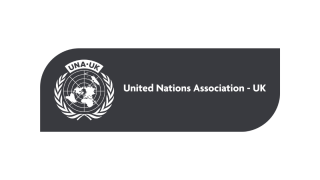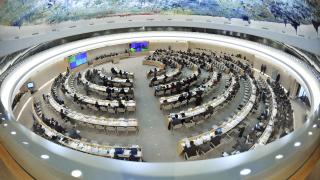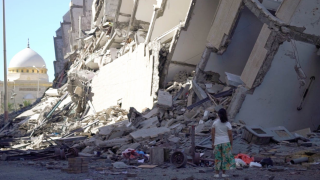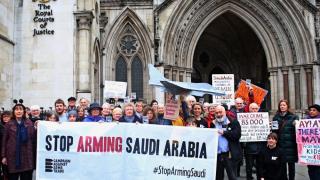
As world leaders gather for the first meeting of the 67th session of the UN General Assembly in New York, UNA-UK is urging the UK government to remain focused in pursuit of a strong arms trade treaty.
In a letter sent today to Alistair Burt MP, FCO Minister for Counter Proliferation, UNA-UK's Chairman Sir Jeremy Greenstock voices concerns that, if the draft text that emerged from the Diplomatic Conference were to be adopted as it stands, it would not bring about the significant improvements we all desire.
The letter was sent in response to a letter from Mr Burt in which the draft text was described as 'robust and if adopted, would bring about a very significant improvement on the current situation'.
If the ATT is to be effective and enforceable, it is vital that signatory states should be required to build in strong and binding provisions on transparency and reporting so that parliaments around the world can help ensure effective scrutiny of arms transfers. The draft text does not at present include such provisions. We are also disappointed that the draft text leaves scope for existing defence contracts and ammunitions to be excluded from the treaty’s coverage, and that the standards for refusing transfers on the basis of human rights concerns are much too low.
UNA-UK, with its grass-roots membership across the country, strongly believes that although a treaty with broad participation has advantages, a robust ATT, even if not all states are willing to ratify it in the short term, will prove far more effective in the long run than a weaker text that every state can subscribe to but that does not represent tangible progress. A weak treaty risks both institutionalising unacceptably low regulatory standards for arms transfers and legitimising irresponsible behaviour. It would still give too much legal cover to those selling weapons that fuel conflict and instability.
Success in strengthening this text and in gathering sufficient co-sponsors for a strong treaty will depend to a large extent on the UK’s continued political leadership and diplomatic efforts, which have been impressive to date even if compromises have been made. We sincerely hope that the FCO will redouble its efforts and build support for a robust and effective ATT at the UN General Assembly this autumn and thereby finally reduce the human suffering associated with irresponsible arms proliferation.






